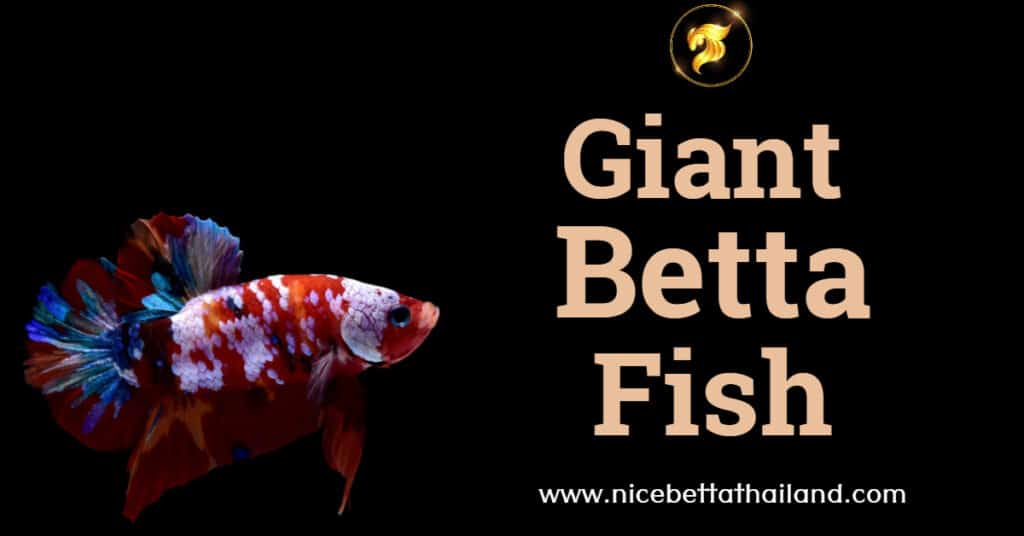Let’s make your betta fish happy and healthy.
IT’S NOT ‘JUST’ A FISH Known for their bright, beautiful coloration and elaborate fin displays, betta fish, more accurately called “Siamese fighting fish,” are a common household pet. These little beauties require specific care to ensure that they stay happy and healthy. Dr. Krista Keller, a veterinarian at the University of Illinois Veterinary Teaching Hospital in Urbana who is a board-certified specialist in zoological medicine, offers insights for owners of these pet fish.
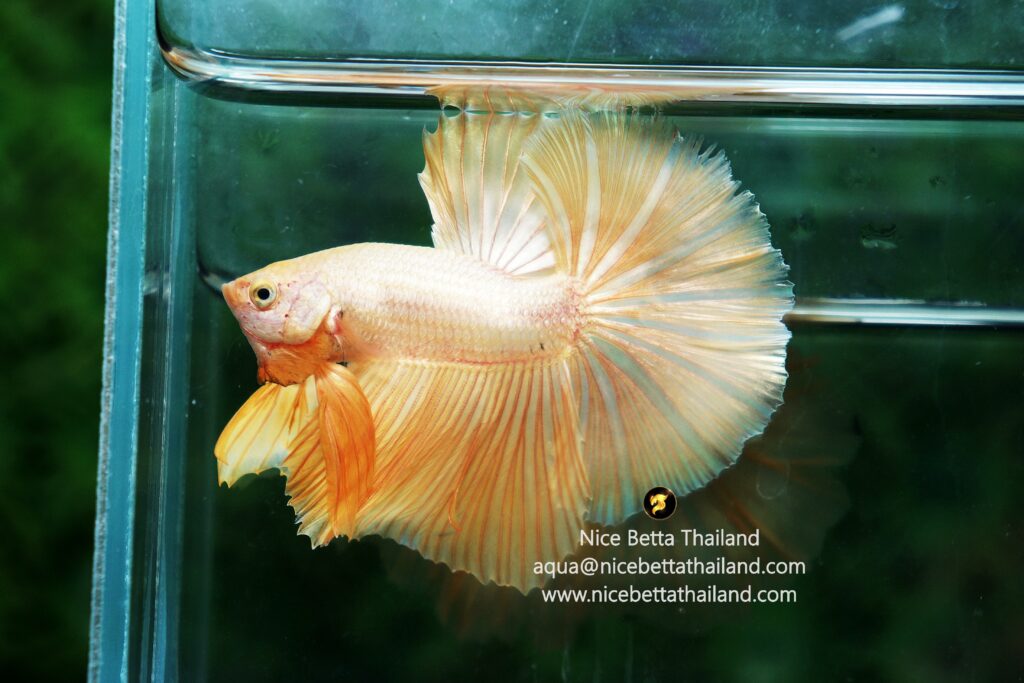
Housing Your Betta bowls
The first thing to consider for a betta fish is its environment. “Betta fish are often seen living in bowls that are too small to allow for normal swimming and hiding behavior,” Dr. Keller says. “They should not live in bowls. Instead, they should ideally be in a 5-gallon glass or plastic tank or larger.” Having an environment of this size allows the betta fish to exhibit normal activity and have less buildup of toxins in their environment.
It can be fun to decorate a fish tank—there are so many different shapes, sizes, and colors of decorations found in pet stores and online. However, it is important to keep the betta fish in mind when choosing decorations.
“Decorations for a tank should never take up too much of the tank, pushing the fish to the periphery,” Dr. Keller says. Betta fish love to swim around and explore their entire tank. Many decorations also have sharp edges that can easily tear the delicate fins. Avoid these to keep the betta’s fins beautiful.
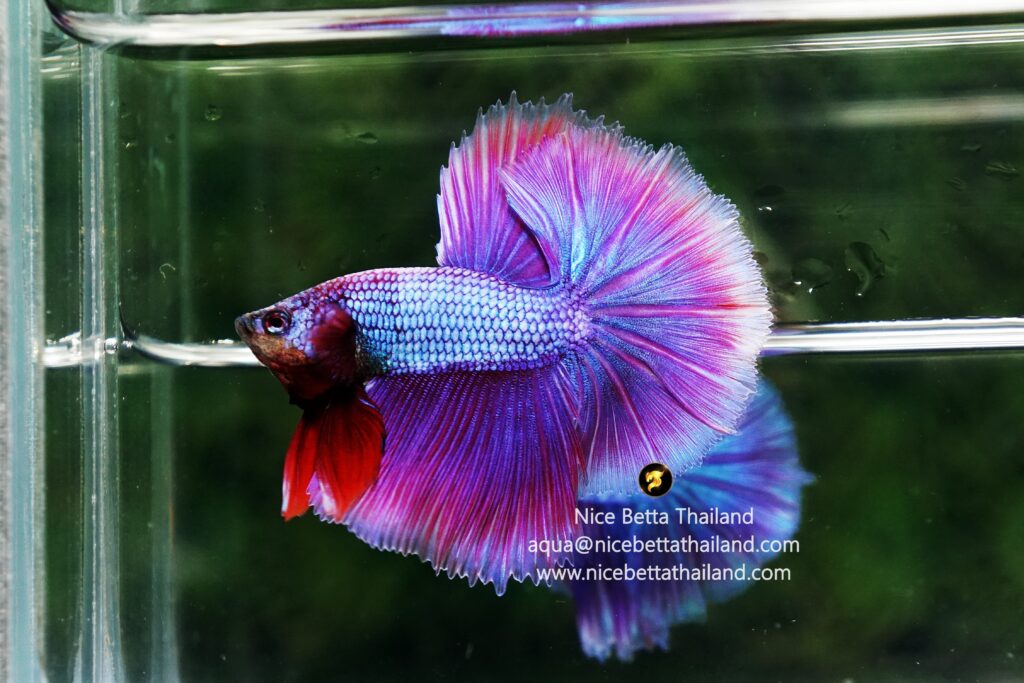
Water Quality and Temperature
Water quality is vital to the health of a fish. Toxins can build up over time from urine, feces, and break down of uneaten food in the water. A filtration system that is low flow is preferred in their tank to keep the environment clean of toxins. A low-flow filter is vital to ensure that the fish’s delicate fins are not injured by the suction of a filter.
“Most people don’t realize that betta are tropical fish,” Dr. Keller explains. Their tank needs to be kept within a distinct range of 76°F to 81°F. Owners should measure the tank temperature with a thermometer. Because most homes are kept at a lower temperature, an in-tank water heater will be needed to maintain the temperature.
The type of water used in the tank matters too. Tap water contains harmful chemicals, such as chlorine and chloramine and sometimes heavy metals. These chemicals can cause immunosuppression or make the fish very sick.
“If tap water is used in the tank, it is recommended to use a dechlorinating product and test for heavy metals,” Dr. Keller explains. An alternative to tap water is bottled water, which is free of these harmful chemicals. However, distilled water should not be used as it lacks vital minerals that are important for fish health. All about water for your betta fish.
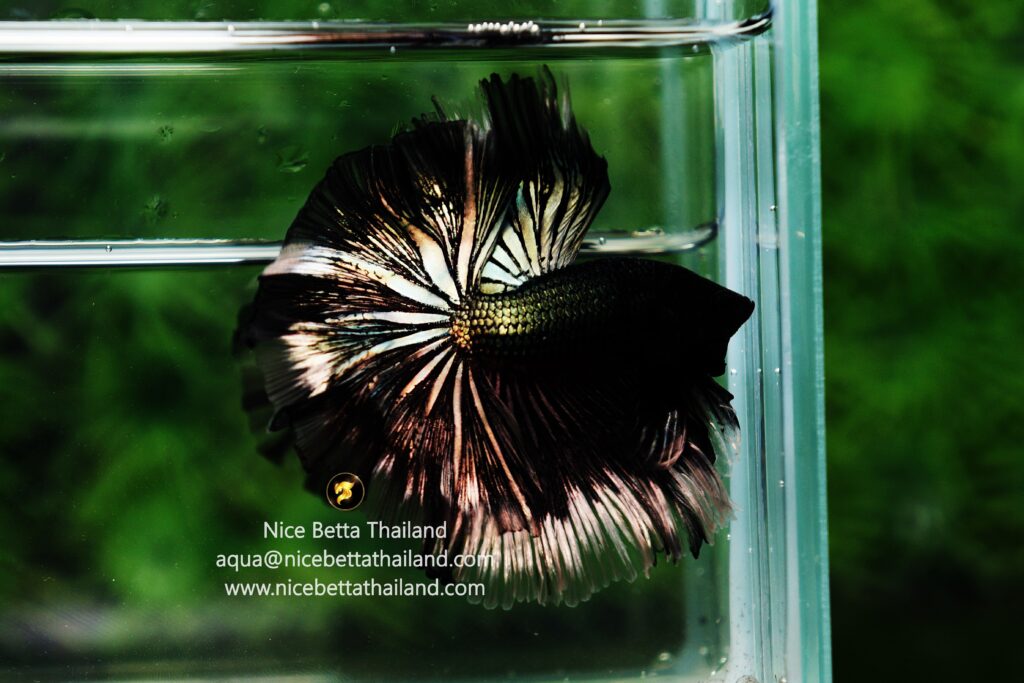
Time to Eat!
“Many resources may falsely claim that bettas can live off nibbling the roots of several plants,” Dr. Keller says. “This is not true!” Plants can provide enrichment for the fish to hide and explore, but plants are not a food source.
Betta fish are carnivores that eat insects and insect larvae. They should be fed a balanced pelleted or flaked food daily. Just like cats and dogs, betta fish can be overfed, leading to obesity and other health issues.
Dr. Keller suggests that every day a betta fish should be given the amount of food it can eat within 3 to 5 minutes, without any food left over. Left-over food will sink to the bottom of the tank and lead to poor water quality.
“Betta fish can be given treats, too! They should be high-protein items such as bloodworms or brine shrimp fed live or freeze dried, and like all treats they should be given in moderation,” Dr. Keller explains. Which best food for your betta fish?
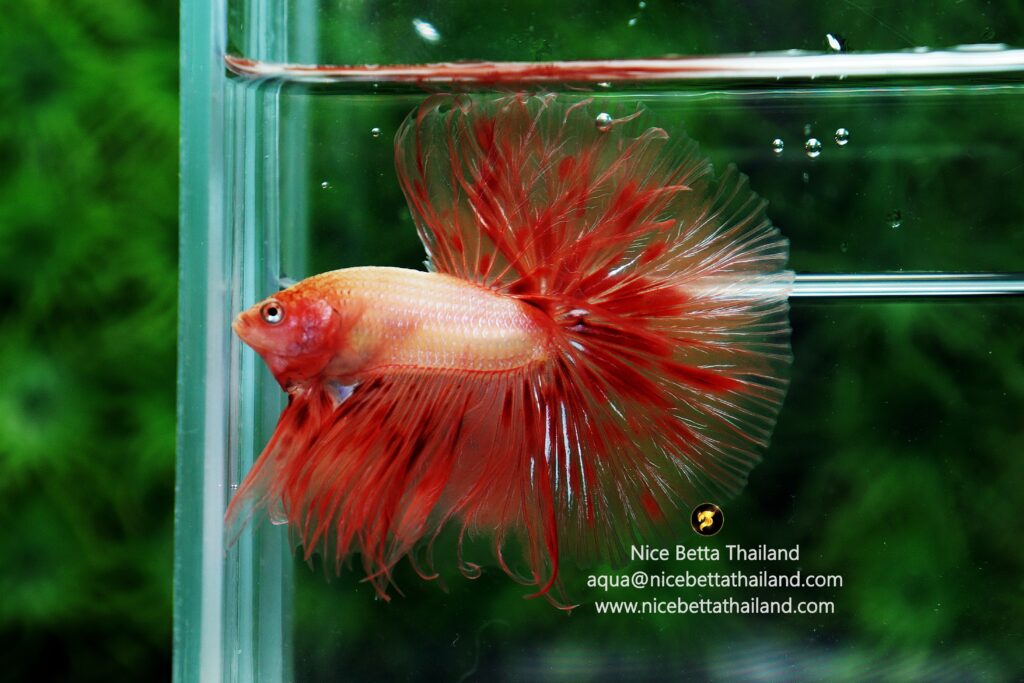
Do They Get Lonely?
Betta fish are naturally territorial and should not be housed with any other betta fish because they will fight and injure each other, often resulting in death. They are unlikely to get lonely in their tank; however, if they are in a small tank, they may get bored.
“There are a variety of other species of tank mates that can be safely added to a betta’s tank, such as snails, ghost shrimp, certain species of fish, and African dwarf frogs,” Dr. Keller says. In order to add these friends, however, the size of the tank and filtration system must increase to keep everyone healthy and clean.
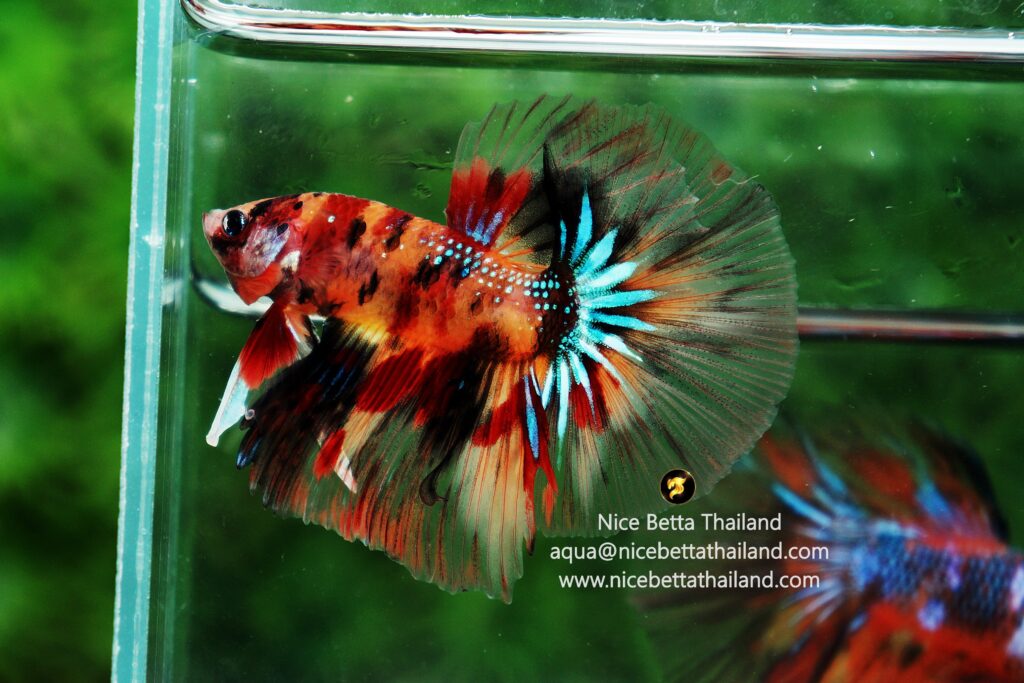
Betta Resources
There is a plethora of information available online about betta fish. Unfortunately, a lot of it is incomplete or inaccurate. Dr. Keller recommends the website Articles for Betta as a great resource for any betta fish questions.
“There are many types of family members. They don’t all have to be furry or fuzzy,” Dr. Keller says. “All family members deserve the same high level of care and treatment, so next time someone says, ‘It’s just a fish,’ you can reply, ‘this is MY fish!’”
Credit Picture by Dr.Witoon
If our article was useful to you You can leaving a 5-star reviews for It’s an encouragement. For us make encourage us in our research. Research information about betta fish for to present useful information further

Also we have group talk about betta fish for sale and share any new tip take care information on Web3 socialFi group

Right now we have betta fish doctor help every bettas lover by top breeder in Thailand to cure or share more tip on Animalverse social
If your bettas fish sick or need tip to treat help or join event prize with AVC Token
Let’s join the group many top breeder will help to answers in betta fish community
More info :
15 Common Betta Fish Diseases Prevention and Treatment
Should I Keep My Betta in a Vase?
All of Betta Fish A Guide on Patterns, Color in the world
The most expensive betta fish in the world.






